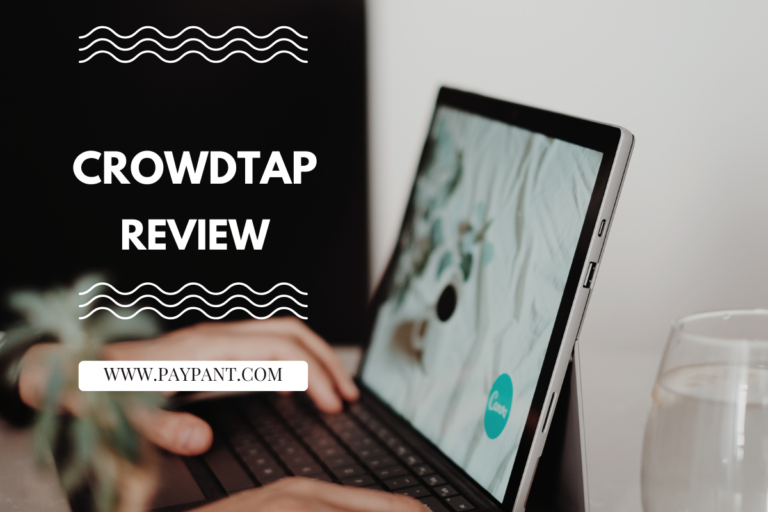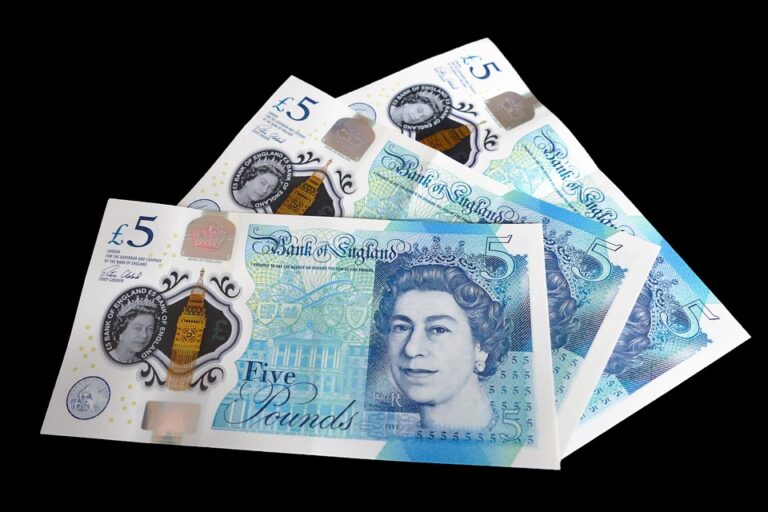Last updated Jun. 20, 2024 by Peter Jakes
What to Consider Before Cashing Out Your 401(k) Due to COVID-19
The COVID-19 pandemic has upended lives globally, resulting in significant financial instability for many. It’s natural to explore all available options to stay afloat during such unprecedented times. One option that might come to mind is cashing out your 401(k). While this can provide critical funds during a crisis, the decision to access retirement savings early is not one to be taken lightly. With potential long-term consequences, it’s essential to weigh all factors before making your move. Here’s what to consider:
1. Assessing Immediate Financial Needs
Before cashing out your 401(k), determine whether you genuinely need the funds to cover essential expenses. Categorize expenses into "needs" (e.g., housing, utilities, groceries, and medical costs) and "wants" (e.g., entertainment, dining out, and non-essential shopping). Understanding the extent of your financial emergency will help you gauge the necessity of accessing your retirement savings.
2. Understanding Penalties and Taxes
Ordinarily, withdrawing from your 401(k) before the age of 59½ results in a 10% early withdrawal penalty, in addition to income tax on the distributed amount. However, under the CARES Act, certain provisions allow for penalty-free withdrawals up to $100,000 for individuals affected by COVID-19. Even with this relief, the withdrawal is still subject to regular income tax, although it can be spread over three years to lessen the immediate tax burden.
3. Evaluating Long-Term Impact
Withdrawing funds now can severely impact your retirement future. Consider the following:
- Compound Growth Loss: The funds taken out will no longer benefit from compounding interest, which could significantly diminish the potential growth of your retirement savings.
- Replenishment Difficulty: It may be challenging to replace these funds once your financial situation stabilizes, and you’ll need to save more in the future to make up for the loss.
4. Exploring Alternatives
Before tapping into your 401(k), explore other financial options:
- Emergency Savings: Utilize any accessible emergency funds.
- Personal Loans: Consider taking out a personal loan with favorable terms.
- Home Equity: If you own property, a home equity loan might be a viable option.
- Family and Friends: While potentially sensitive, securing a temporary loan from loved ones could be another path.
- Side Gigs: Explore additional income streams through temporary or freelance jobs.
5. Assessing Loan Option from 401(k)
Instead of withdrawing, consider taking a loan from your 401(k). Loans are not subject to the early withdrawal penalty and are tax-free if repaid within five years. The CARES Act permits loans up to $100,000 or 100% of your vested balance (whichever is lesser) until September 22, 2020. Note, however, failure to repay the loan will entail taxes and penalties on the outstanding amount.
6. Consulting a Financial Advisor
Given the complexities of early 401(k) withdrawals and their future repercussions, seeking advice from a financial advisor is prudent. A professional can offer personalized insights, helping you understand potential impacts and merits of various avenues.
✓ Short Answer
Weigh your immediate financial needs, understand tax implications and penalties (reduced under CARES Act for COVID-19 hardships), consider long-term impacts on retirement savings, explore other financial options, and consult a financial advisor before deciding to cash out your 401(k).
7. Withdrawal Process
If you decide to proceed with the withdrawal, follow these steps:
- Contact Plan Administrator: Each 401(k) plan may have different protocols. Reach out to your plan administrator to understand the specific process.
- Documentation: Be prepared to provide documentation that proves your need related to COVID-19. This might include proof of job loss, reduced hours, or substantial medical expenses.
- Complete Required Forms: Fill out the necessary forms. Ensure accuracy to avoid delays.
8. Impact on Investments
Understand the state of your current investments within your 401(k). Withdrawing funds could mean selling assets at a loss, especially if the market is down. Strategically deciding what to sell can help mitigate losses.
9. Behavioral Considerations
Reflect on your spending habits and financial behavior. Without a strategic plan, accessing large sums of money might lead to financial mismanagement. Develop a clear budget and future financial plan before withdrawing funds.
10. Employer Contributions
Factor in any matches or contributions your employer makes to your 401(k). Withdrawing funds might result in losing out on potential employer contributions and their subsequent growth.
FAQs
Q: Can I take a hardship withdrawal from my 401(k) due to COVID-19?
A: Yes, under the CARES Act, individuals affected by COVID-19 may take penalty-free hardship withdrawals up to $100,000 in 2020. This is still subject to regular income tax but can be spread over three years.
Q: What qualifies as a COVID-19 hardship?
A: According to the IRS, qualifying reasons include being diagnosed with COVID-19, having a spouse or dependent diagnosed with COVID-19, experiencing adverse financial consequences due to quarantine, furlough, layoff, work hours reduction, or being unable to work due to lack of childcare.
Q: Are there penalties for early 401(k) withdrawal due to COVID-19?
A: The usual 10% early withdrawal penalty is waived for qualifying individuals under the CARES Act. However, the withdrawal amount is still subject to income tax.
Q: Is it better to take a loan or cash out from my 401(k)?
A: Taking a loan may be a preferable option as it avoids the penalties and taxes associated with an early withdrawal, provided it is repaid on time. Consider the repayment terms and your ability to meet them.
Q: How will withdrawing from my 401(k) affect my retirement savings?
A: Withdrawing funds can significantly reduce your retirement savings due to the loss of potential compound interest and growth. It is crucial to evaluate long-term consequences before making this decision.
Q: Can I put the money back into my 401(k) after the crisis?
A: Yes, you can re-contribute the amount under certain conditions. The CARES Act allows individuals to repay the distribution within three years without counting it towards the annual contribution limit.
Q: What other options do I have instead of cashing out my 401(k)?
A: Consider dipping into emergency savings, taking personal loans, home equity loans, borrowing from family and friends, or finding temporary work. Each alternative has its pros and cons, so evaluate them carefully.
Q: Should I consult a financial advisor before making a decision?
A: Consulting a financial advisor is highly recommended as they can provide tailored advice based on your circumstances and help you make an informed decision about your financial future.
In conclusion, while cashing out your 401(k) during the COVID-19 pandemic might provide immediate financial relief, it is essential to consider the long-term implications. Evaluate your financial needs, understand the tax implications and penalties, explore alternative options, and seek professional advice to ensure you are making the best decision for your future.





